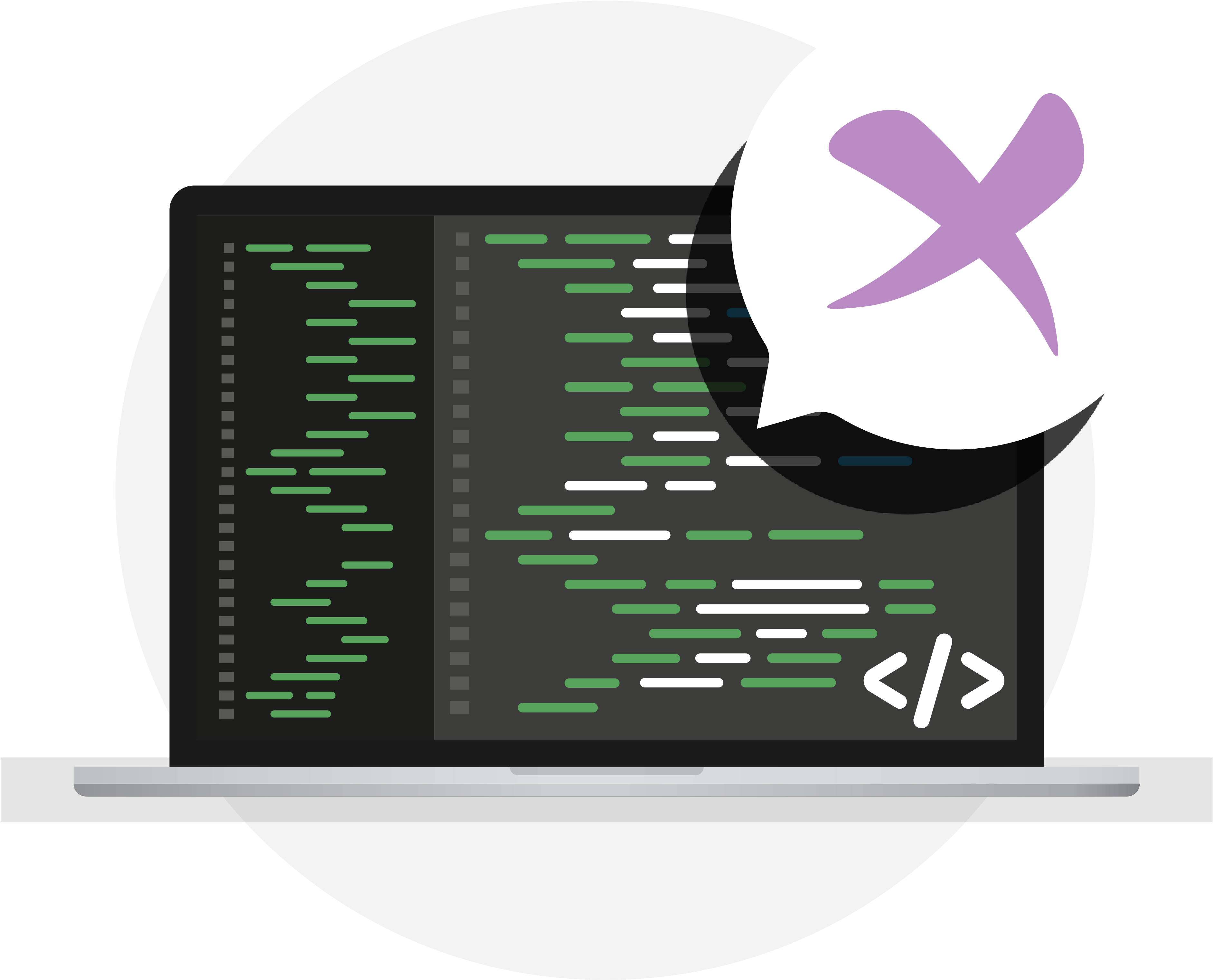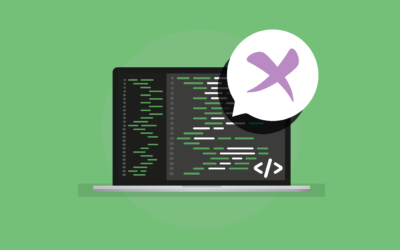No code / Low code – What’s the Fuss About?

Some automation software still requires you to use code (or a code-like script) to build a solution that can be deployed in an organisation. The scripts can look a lot like programming language, which can be a problem. It deters business users and subject matter experts from picking up the software and running with it.
If automation needs scripts, most organisations will default to seeking help from a developer. Developers are a scarce commodity, which means delay and cost. Developers don’t have the native understanding of what the solution should look like, which means someone has to brief them, and the solution isn’t built by someone with an intuitive grasp of desired results. And, you need a developer who knows the particular code. When the solution needs updating, repeat the experience. In short, code gets in the way.

Legito is a no-code solution. There is no script. You use drag-and-drop techniques to paint your requirements when you create documents and processes. To make it even easier, Legito makes intelligent guesses about what you are trying to achieve and makes suggestions to lead you through the process.
Why is this important?
No-code and low-code platforms make it easier for ‘citizen developers’ to build useful tools for their organisation without reaching out for resources from an IT team. They put the power of the features directly into the hands of people who know what they want to build, avoiding the time and ‘lost in translation’ issues of giving the work to a developer.
The advantages of no-code / low-code continue after the build phase of a project – it’s easier to tweak, maintain and evolve the solution in future.
Combined with the availability of free trials, no-code makes it easier for a business team to run a pilot project without the hassle of engaging help from scarce resources like IT professionals. It enables quick start projects. We want HR teams, procurement teams, finance teams – all enterprise teams – to feel they can adopt the same solution quickly and get results customised for their team.
Legito is a collection of tools, all designed to get work done with documents and business processes. As the number of features grows, a no-code approach allows us to put new features into the hands of users without them having to learn more complicated scripts or re-write old scripts to work with new features. No-code means one less distraction between you and your desired results.
Play with the solution. Try stuff out. Code has to be learnt, but Legito merely needs to be uncovered.
No code / Low code – What’s the Fuss About?

Some automation software still requires you to use code (or a code-like script) to build a solution that can be deployed in an organisation. The scripts can look a lot like programming language, which can be a problem. It deters business users and subject matter experts from picking up the software and running with it.
If automation needs scripts, most organisations will default to seeking help from a developer. Developers are a scarce commodity, which means delay and cost. Developers don’t have the native understanding of what the solution should look like, which means someone has to brief them, and the solution isn’t built by someone with an intuitive grasp of desired results. And, you need a developer who knows the particular code. When the solution needs updating, repeat the experience. In short, code gets in the way.

Legito is a no-code solution. There is no script. You use drag-and-drop techniques to paint your requirements when you create documents and processes. To make it even easier, Legito makes intelligent guesses about what you are trying to achieve and makes suggestions to lead you through the process.
Why is this important?
No-code and low-code platforms make it easier for ‘citizen developers’ to build useful tools for their organisation without reaching out for resources from an IT team. They put the power of the features directly into the hands of people who know what they want to build, avoiding the time and ‘lost in translation’ issues of giving the work to a developer.
The advantages of no-code / low-code continue after the build phase of a project – it’s easier to tweak, maintain and evolve the solution in future.
Combined with the availability of free trials, no-code makes it easier for a business team to run a pilot project without the hassle of engaging help from scarce resources like IT professionals. It enables quick start projects. We want HR teams, procurement teams, finance teams – all enterprise teams – to feel they can adopt the same solution quickly and get results customised for their team.
Legito is a collection of tools, all designed to get work done with documents and business processes. As the number of features grows, a no-code approach allows us to put new features into the hands of users without them having to learn more complicated scripts or re-write old scripts to work with new features. No-code means one less distraction between you and your desired results.
Play with the solution. Try stuff out. Code has to be learnt, but Legito merely needs to be uncovered.
More Weekly Articles



















